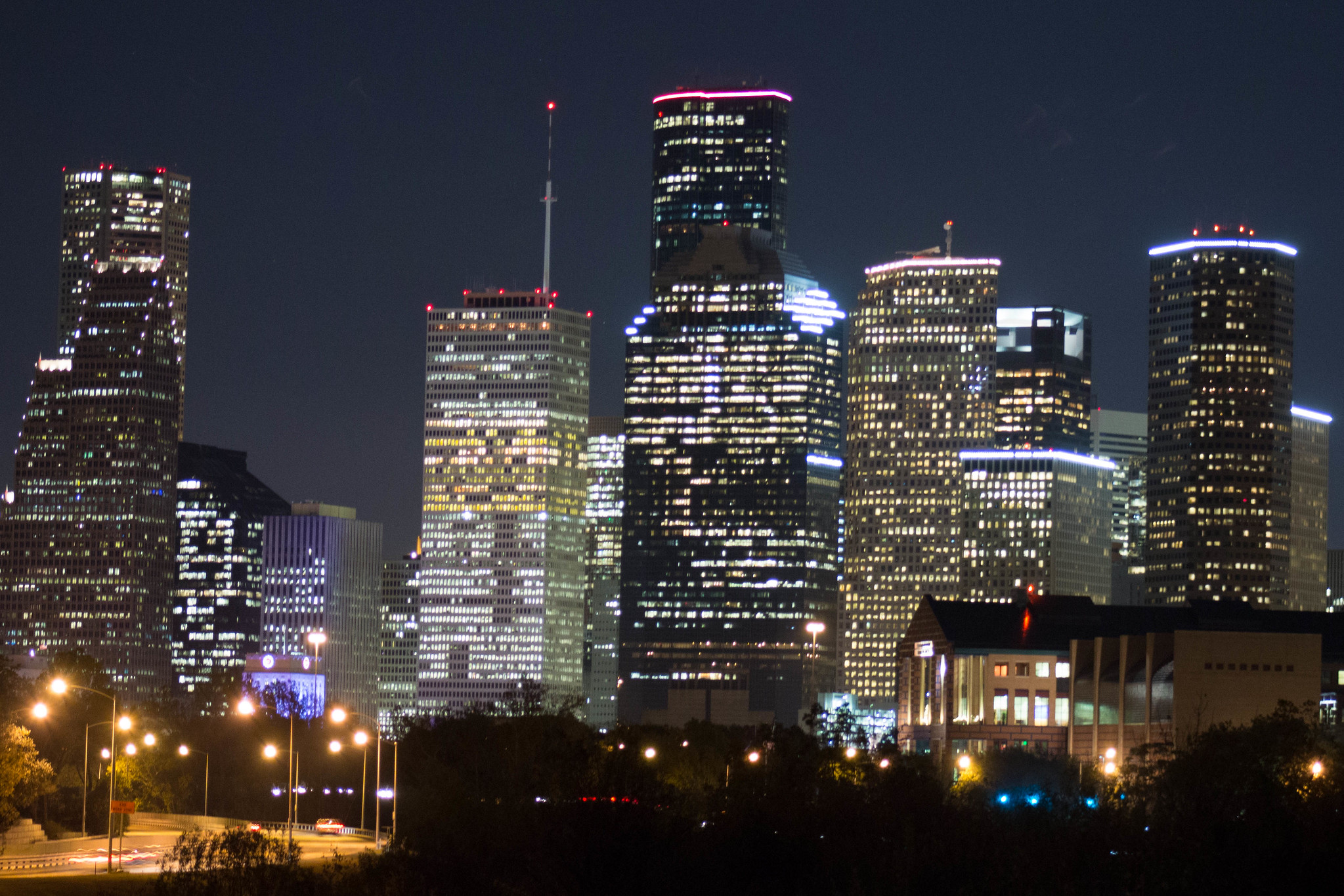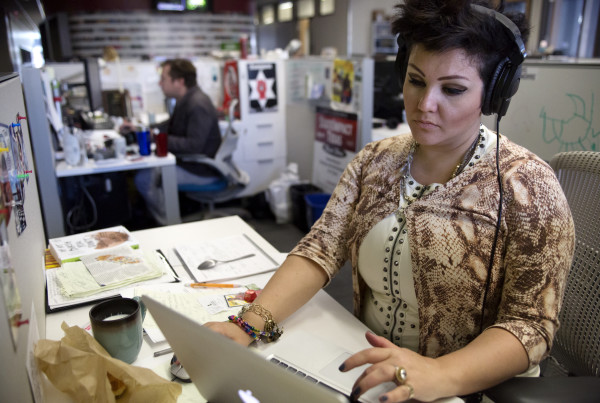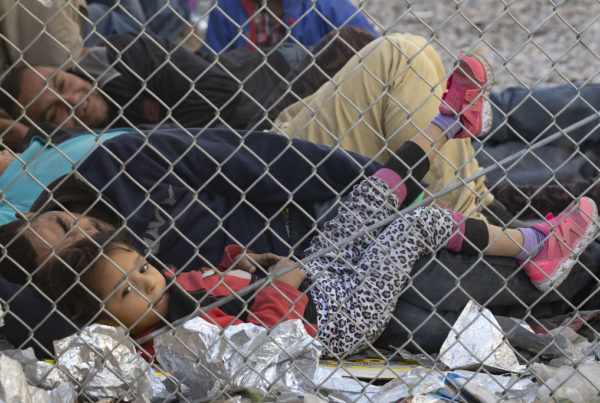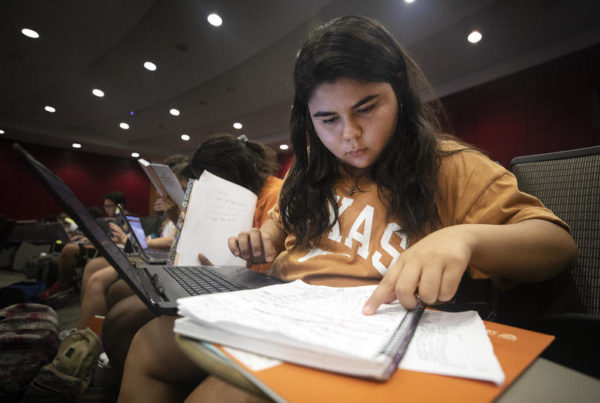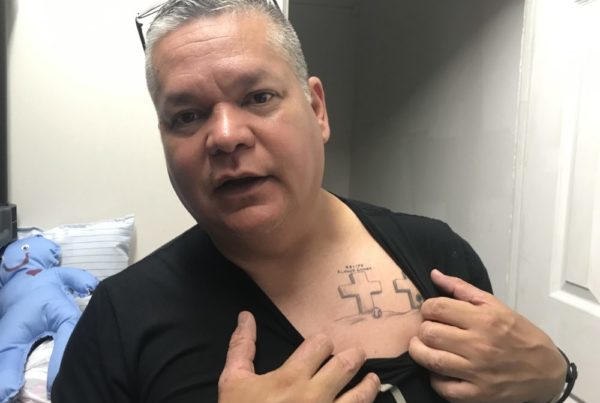Anyone in the city of Houston who’s under 17 can be fined up to $500 if they’re found in a public space during school hours or late in the evening. But the city is considering changing that rule after a local nonprofit pointed out the ordinance’s ineffectiveness.
Kristian Caballero is a community outreach coordinator at the nonprofit Texas Appleseed, and says the rule is excessive and doesn’t achieve its original goal. Caballero says the rule came from an effort in the 1990s to help prevent crime against minors, but it has led to negative effects on young people.
“If anything, they’ve had more negative effects in introducing youth very early on into the criminal justice system,” Caballero says. “Especially starting with law enforcement interaction and involvement. That starts a cycle of not only being consistently going through the criminal justice system and the burden of that process, but also a cycle of debt with the fines and fees that are attached to that process.”
Texas Appleseed brought the rule’s excessiveness to the city’s attention after conducting research on the consequences many face after receiving violations. Caballero says problems often come later on in life for those kids, once they have to fill out job or housing applications that require them to disclose involvement with the criminal justice system.
“For us as an organization, our concern is that that criminalization for this kind of offense, as far as a curfew violation, it’s too excessive,” Caballero says.
While Houston is to changing its curfew rule, Caballero says it still wants to use it to decrease crime, especially as the city grapples with a human-trafficking epidemic. She says the city says the curfew might help deter trafficking. But Caballero disagrees with that rationale.
“When it comes to crime and victimization, there are no certain hours of the day that that’s limited to,” she says. “We’ve actually done a lot of research and reached out to different human trafficking organizations, and we found that they strongly support the decriminalization of policies like this because it does put youth more at risk.”
Written by Chloe Bennett.


